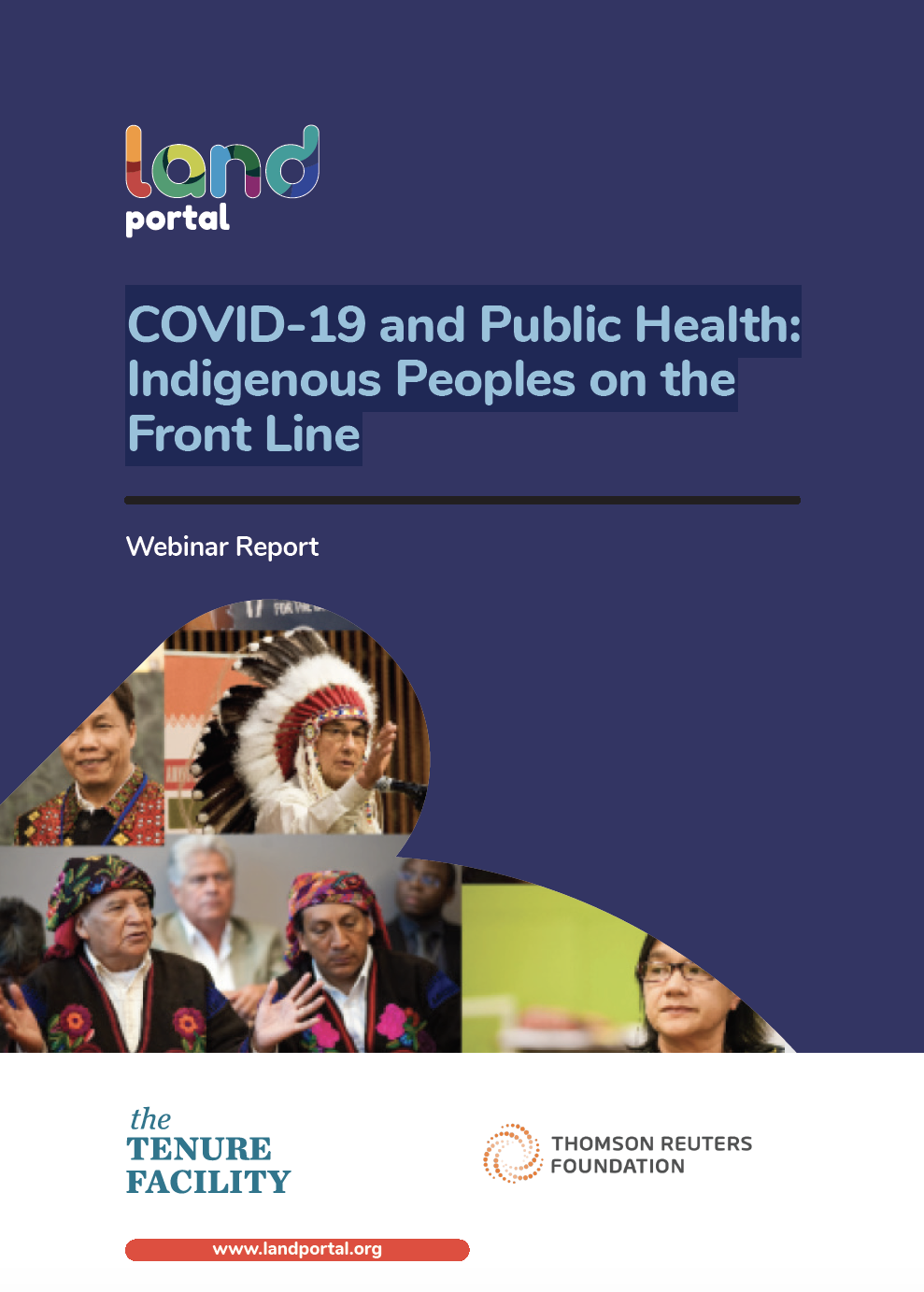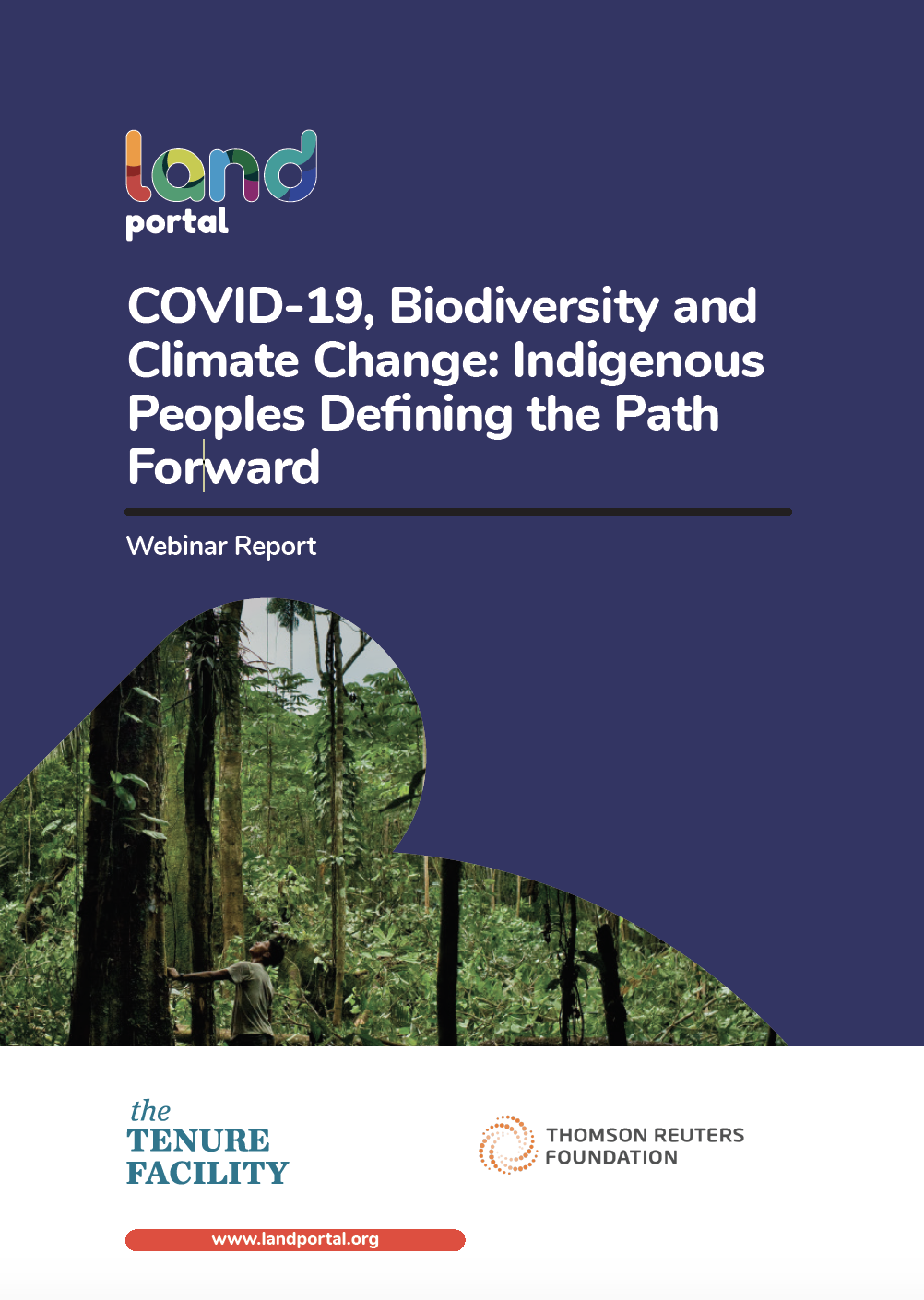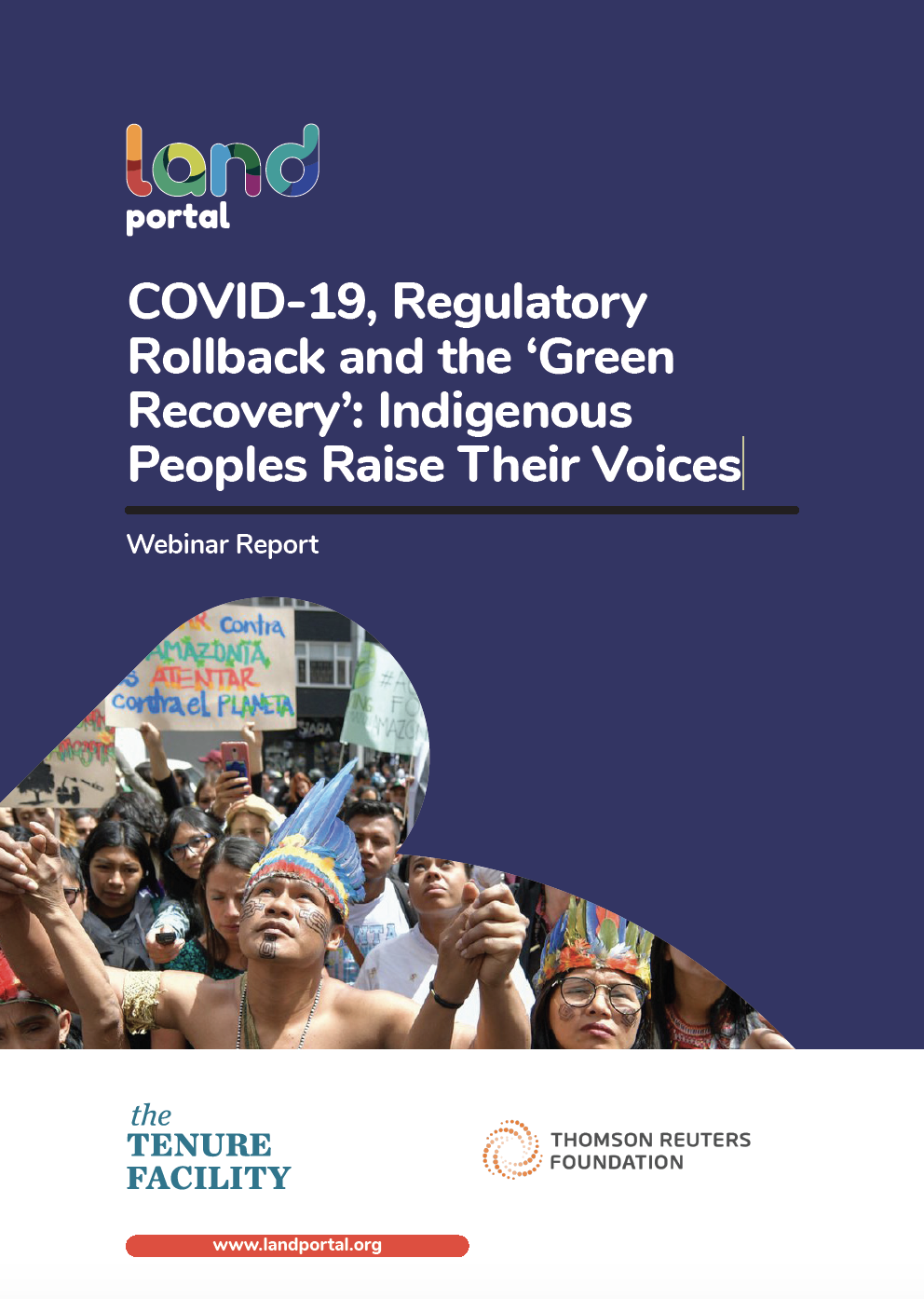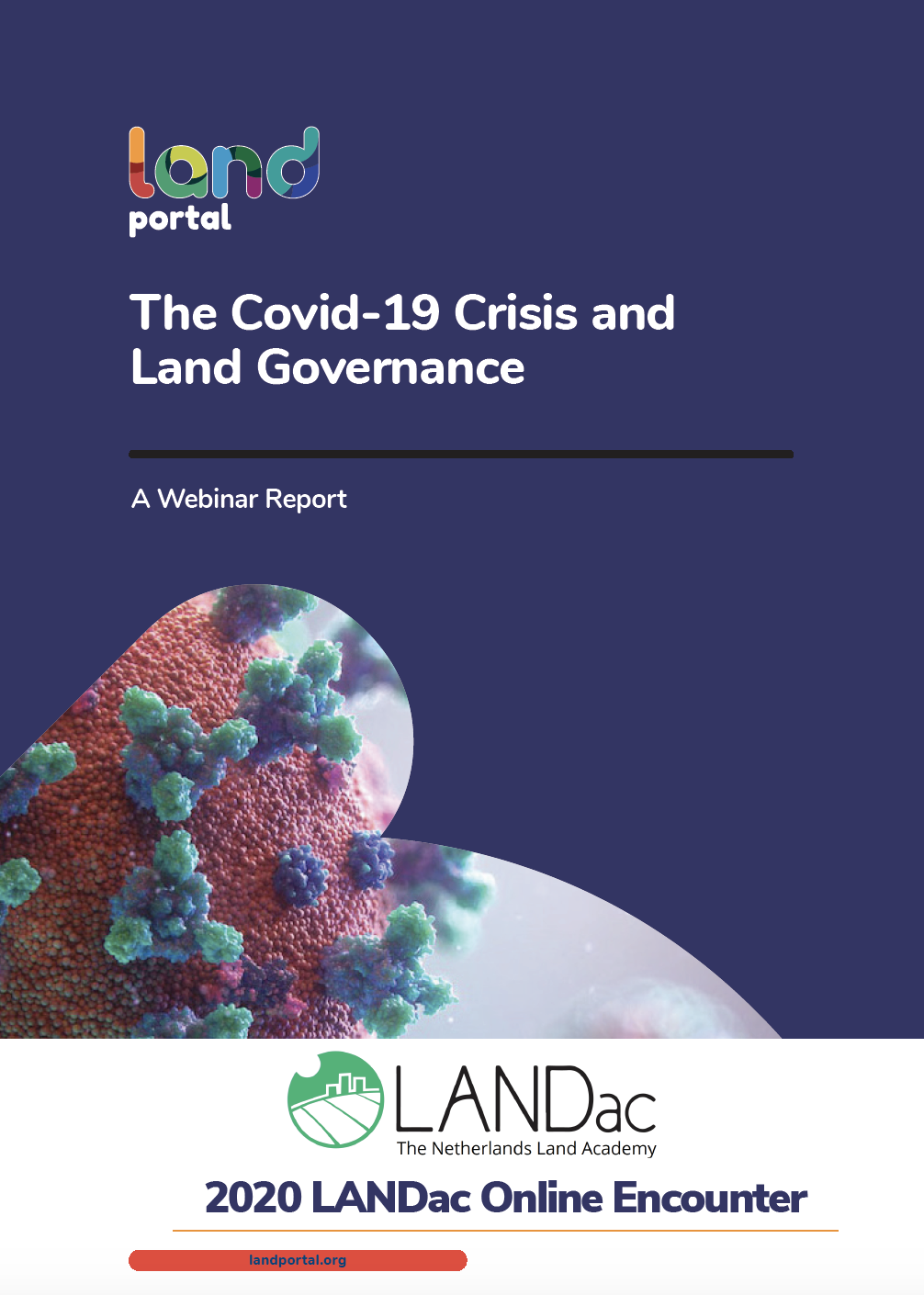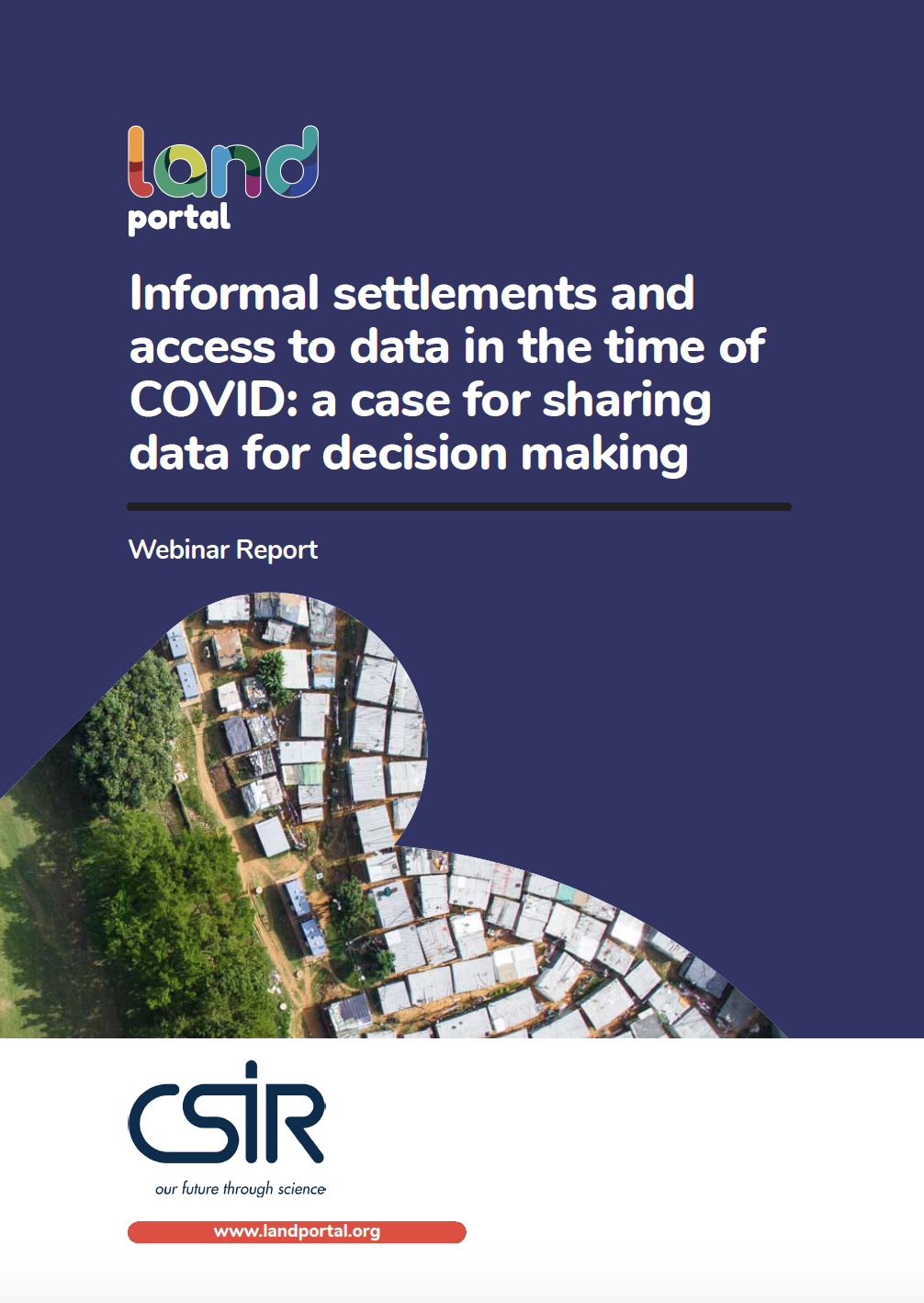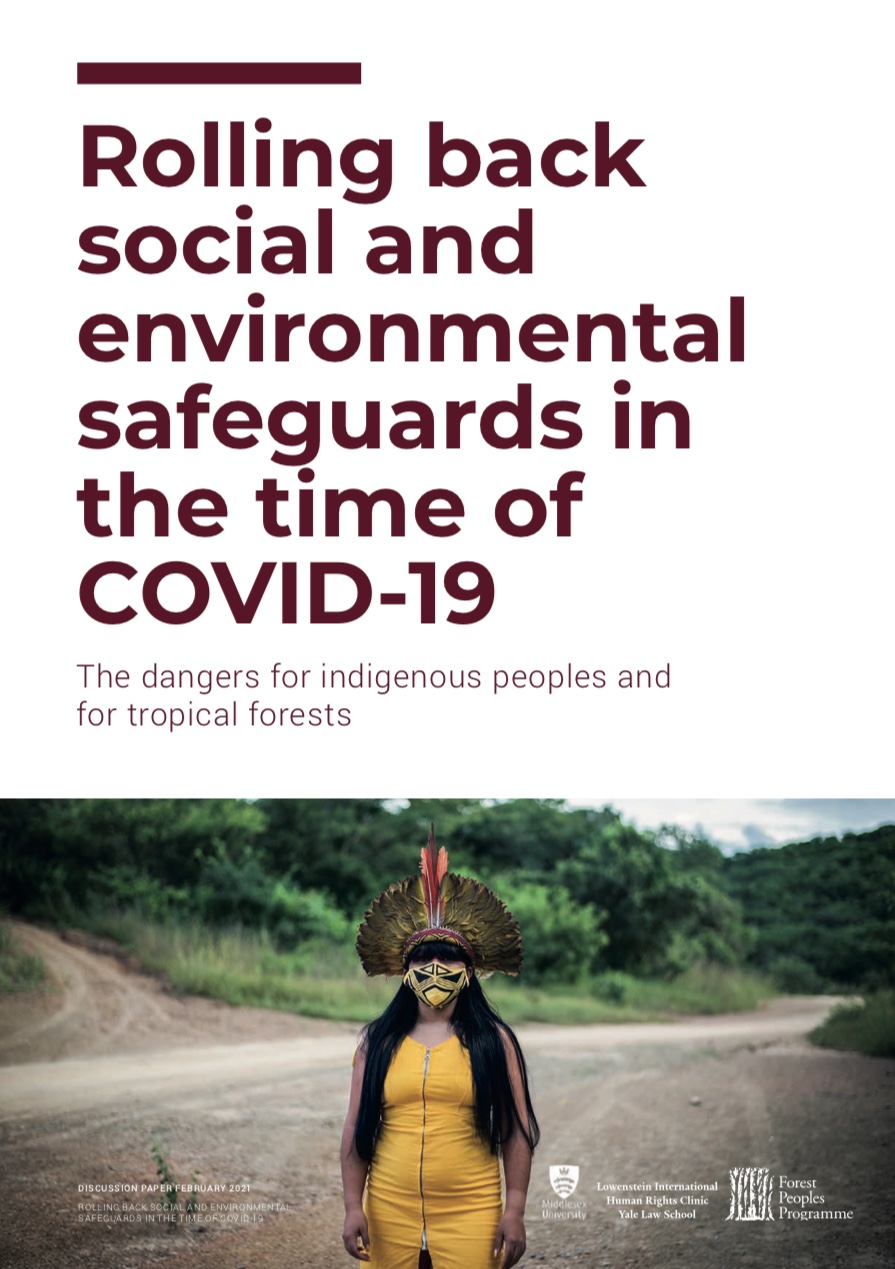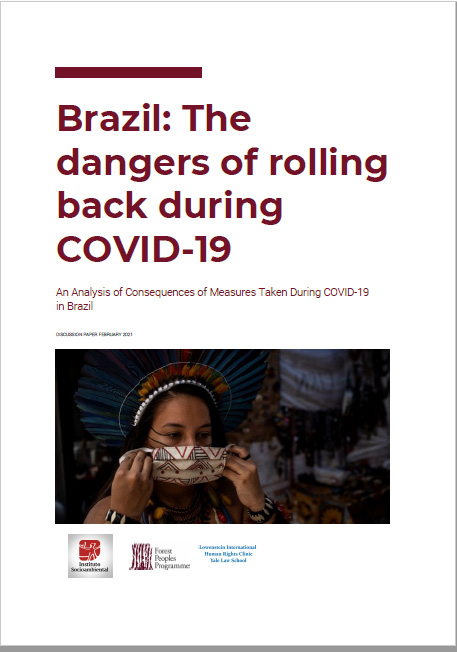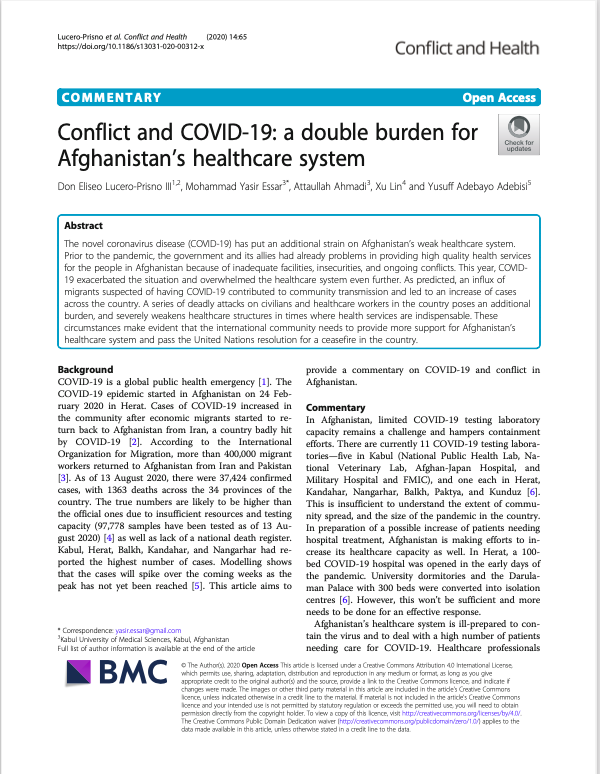Community Forest Rights and the Pandemic
India is currently among the most affected countries by COVID19, recording over 6 million cases, by September 30 2020. The pandemic and lockdown measures have had a drastic impact on a large population of poor and marginalisedcommunities, causing loss of livelihoods and employment, food insecurity and socio-economic distress.


